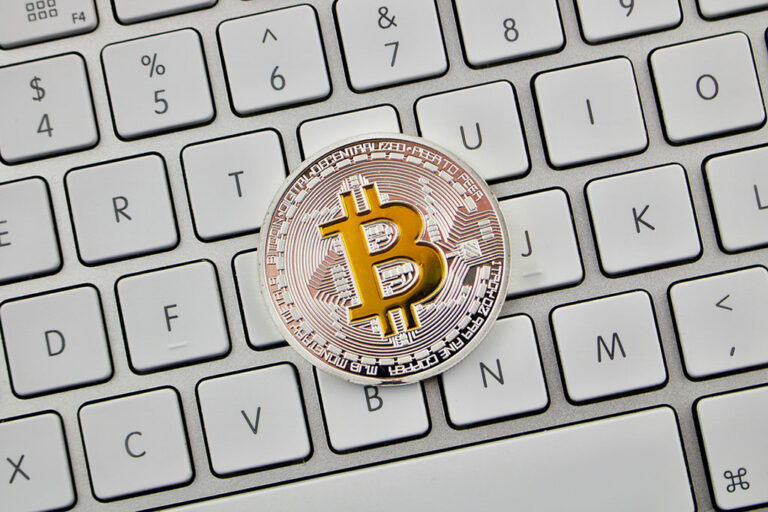The BitVM project was designed by Robin Linus with lots of borrowing from Ethereum’s layer two (L2) optimistic rollups that have enabled faster execution of the transactions off-chain.
The mainstream adoption of Bitcoin (BTC) and other digital assets has undeniably been facilitated by the decentralized financial (DeFi) ecosystems that use smart contracts. However, the Bitcoin network has significantly lagged in DeFi development compared to the altcoin market. Moreover, the altcoins are not designed to store value like Bitcoin but to enable faster and more secure payments for the DeFi and Dapps users.
The Ethereum network led by cofounder Vitalik Buterin has made notable improvements to maintain high security standards and still scale through a decentralized ecosystem. According to aggregate market data provided by defillama, the Ethereum network has about $20 billion in total value locked (TVL) and more than $65 billion in the stablecoins market cap. On the other hand, Bitcoin had about $173 million in TVL with zero stablecoins due to a lack of smart contracts compatibility.
Nonetheless, the Bitcoin network is widely adopted more than any other blockchain, thus making sense to build an optimistic rollup that helps the development of web3 projects like gamifi.
BitVM Introduces Smart Contracts on Bitcoin Network
According to a paper published by Robin Linus on October 09, 2023, titled “Compute anything on Bitcoin”, the future of smart contracts could soon materialize on the Satoshi Nakamoto-built network. The BitVM project attempts to introduce smart contracts on the Bitcoin network through a second layer. Currently in the theory stage and still raising funds to implement the idea, the BitVM project is optimistic about bringing more developers to the mother coin in the near future.
BitVM explained in 4 slides pic.twitter.com/eJ8jhXVESW
— Bitcoin Illustrated (@BTCillustrated) October 12, 2023
Notably, the BitVM project uses two parties including the prover and the verifier to enable smart contracts that are free from fraudulent provisions. However, BitVM noted that the two-party system is a drawback that needs to be solved with more research along the way. Additionally, Linus noted that another limitation of the BitVM project is that it heavily relies on the off-chain transaction to complete the smart contracts.
Moreover, the Bitcoin mainchain does not currently have the means to verify that the transactions were true or false as in the case of Ethereum and its optimistic rollups. Moreover, the Ethereum layer two (L2) network relies on the mainnet for security to ensure that the transactions are recorded on-chain although the data is stored off-chain.
Bigger Picture
Many developers have tried to introduce smart contracts to the Bitcoin network in the past but the process is much more complicated due to the mainnet consensus and mechanism. Changing the Bitcoin core network is not as easy as Ethereum managed with the transition from Proof of Work to Proof of Stake.
next